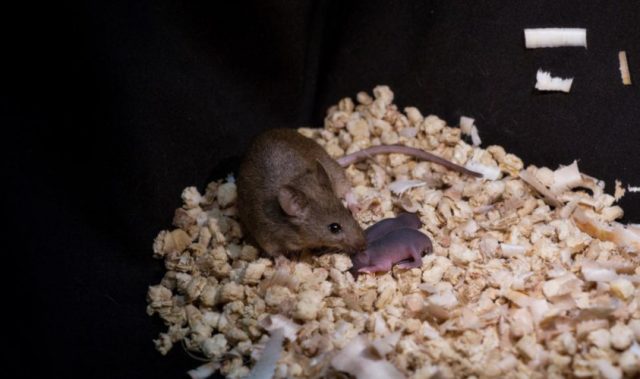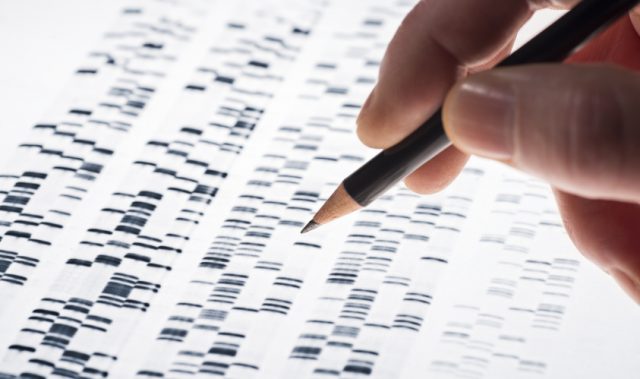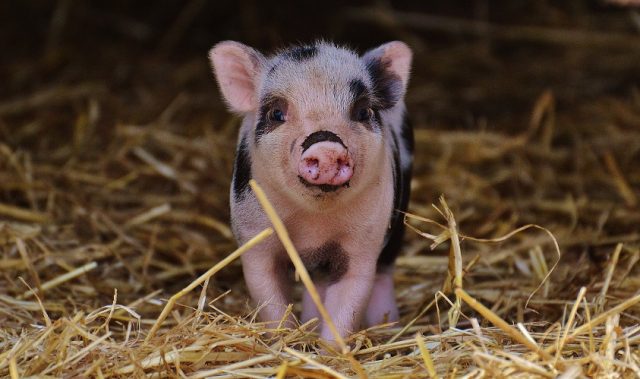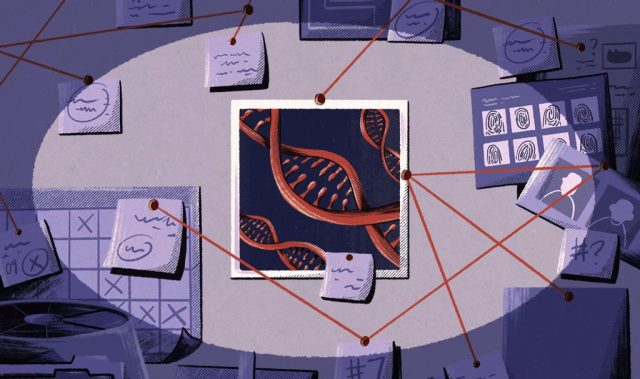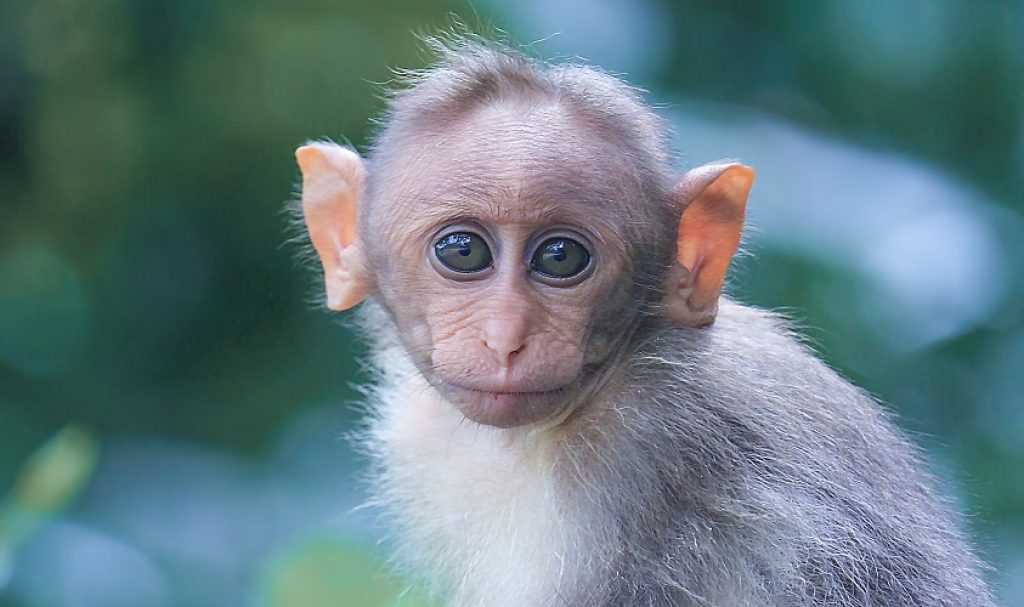
AsianScientist (Apr. 17, 2019) – A research group in China has introduced a human gene regulating brain development into monkeys, resulting in transgenic nonhuman primates that exhibited improved working memory and shorter reaction times. They published their findings in the National Science Review.
Delayed or slowed body development—also known as neoteny—is a unique feature of humans, during which there is an extended time window for brain development and neural network plasticity. Neoteny is thought to be a key factor affecting the formation of human intelligence. However, the genetic basis of human neoteny was relatively obscure.
In 2004, a research team led by Dr. Su Bing from Kunming Institute of Zoology, China, uncovered many human-specific amino acid changes in MCPH1, a key gene for brain development. Almost a decade later, using in vitro assays, they further proved that the human-specific MCPH1 sequence changes were indeed functional by changing the regulatory pattern of its downstream genes.
Expanding upon this base of work, Su’s team constructed a transgenic monkey model by introducing the human MCPH1 copy into the monkey genome. They obtained eight first-generation and three second-generation transgenic monkeys.
By tracking brain development using magnetic resonance imaging, the researchers found that the transgenic monkeys showed delayed neural differentiation and neural network maturation. Further histology and transcriptome analyses indicated that the expression of many genes involved in neuro-differentiation and neural maturation were suppressed, which explains the observed delay of brain development.
Most importantly, when the researchers subjected the monkeys to cognitive tests, they found that the transgenic monkeys had improved working memory and shorter reaction times compared with the wildtype controls. These findings suggests that the delayed brain development of the transgenic monkeys is cognitively beneficial, similar to the neotenous process in humans.
The researchers noted that such transgenic monkeys will help shed light on human-specific traits as well as human-specific neurodegenerative disorders.
The article can be found at: Shi et al. (2019) Transgenic Rhesus Monkeys Carrying the Human MCPH1 Gene Copies Show Human-like Neoteny of Brain Development.
———
Source: Chinese Academy of Sciences; Photo: Pexels.
Disclaimer: This article does not necessarily reflect the views of AsianScientist or its staff.




